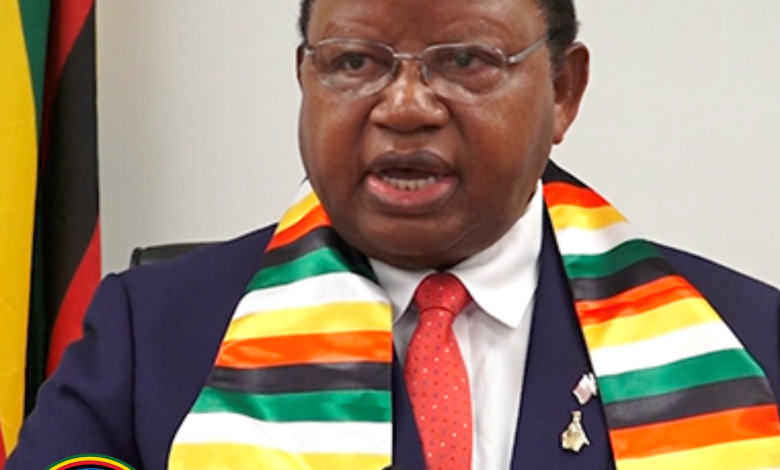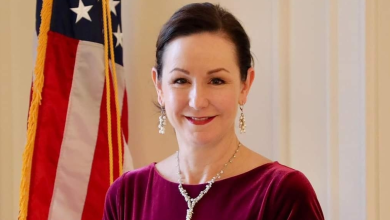Zimbabwe Takes Charge as SADC Council of Ministers Chairmanship, Setting the Stage for Mnangagwa’s SADC Leadership

Introduction: In a significant political development, Zimbabwe has assumed the Chairmanship of the Southern African Development Community (SADC) Council of Ministers. The move comes ahead of the 44th SADC Summit, scheduled to take place at the New Parliament Building in Mt Hampden, where President Emmerson Mnangagwa is set to take over the SADC Chairmanship from his Angolan counterpart, President João Lourenço.
Shava’s New Role: A Strategic Advantage for Zimbabwe Ambassador Fredrick Shava, Zimbabwe’s Minister of Foreign Affairs and International Trade, took over the Chairmanship of the SADC Council of Ministers from Angolan Foreign Minister Tete Antonio. This new position provides Zimbabwe with a strategic advantage, as the country will be at the forefront of shaping regional policies and programs. Minister Shava emphasized that during his tenure, Zimbabwe would focus on critical areas such as food security, particularly in the face of climate-induced droughts, and bolstering regional security.
The Role of the SADC Council of Ministers The SADC Council of Ministers is a pivotal decision-making body within the SADC framework. It is responsible for overseeing the implementation of the SADC Regional Indicative Strategic Development Plan (RISDP) and ensuring that the organization’s goals are met. The Council, composed of ministers from each of the 16 SADC member states, typically focuses on areas like foreign affairs, international relations, and regional cooperation.
The Council of Ministers meets biannually to:
- Oversee the implementation of SADC’s Regional Indicative Strategic Development Plan (RISDP);
- Review progress on regional integration and cooperation;
- Make decisions on regional policies and programs;
- Approve the SADC budget and work program;
- Provide guidance to the SADC Secretariat and other SADC institutions.
Mnangagwa Poised to Lead SADC With Minister Shava at the helm of the Council of Ministers, all eyes are now on President Mnangagwa as he prepares to assume the SADC Chairmanship. This move is seen as a testament to Zimbabwe’s growing influence within the region, despite external pressures and efforts by some detractors to move the SADC Summit from Zimbabwe. Mnangagwa’s leadership is expected to focus on enhancing regional cooperation, fostering economic development, and ensuring political stability across Southern Africa.
Regional Security and Economic Development Zimbabwe’s leadership within SADC is expected to prioritize regional security, especially in light of increasing threats from insurgencies and other destabilizing factors. In addition, economic development will be a key focus, with Zimbabwe advocating for greater integration and cooperation among member states to boost trade and investment.
Zimbabwe’s Resilience Amid External Pressure Despite relentless efforts by Zimbabwe’s detractors to undermine its position within SADC, the country has demonstrated remarkable resilience. The successful assumption of the SADC Council of Ministers Chairmanship and the imminent leadership of President Mnangagwa within SADC underscore Zimbabwe’s status as a legitimate and influential player in the region.
Conclusion: As Zimbabwe takes on this critical role within SADC, the country is poised to shape the future of the region, with a focus on security, economic development, and regional cooperation. The leadership of Minister Shava and President Mnangagwa within SADC marks a new chapter for Zimbabwe and the broader Southern African region.




